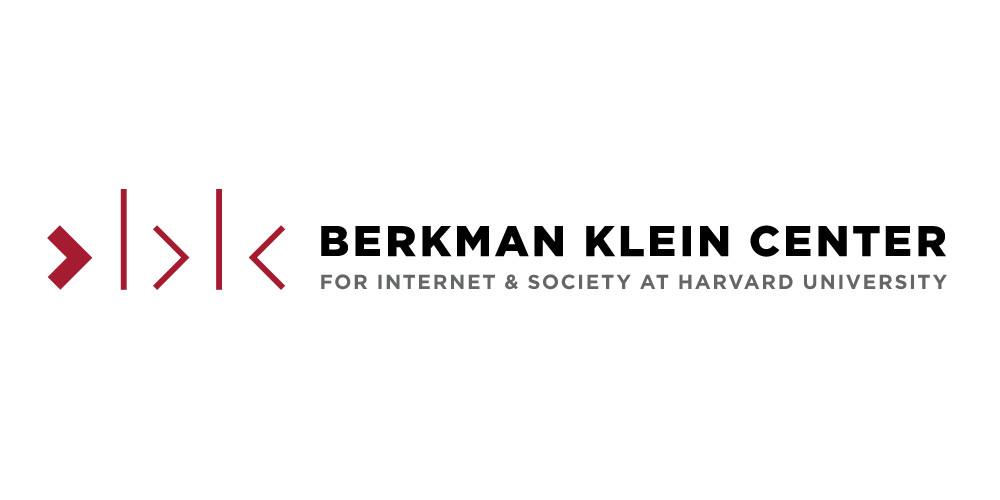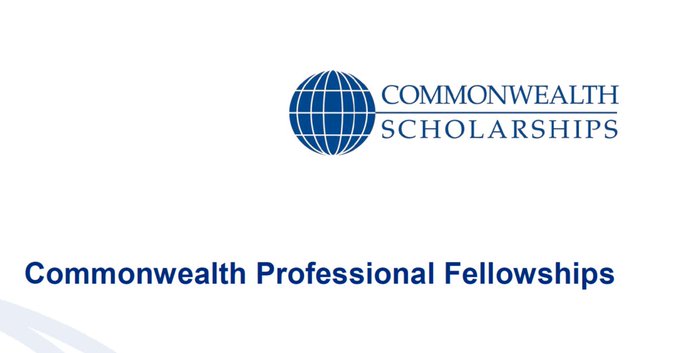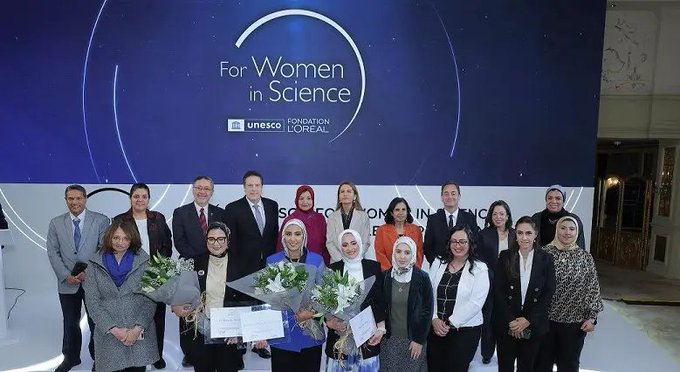
2022 Berkman Klein Center for Internet & Society at Harvard University Fellowship Program
Deadline: January 31, 2022.
The Berkman Klein Center for Internet & Society at Harvard University is now accepting fellowship applications for the 2022-2023 academic year through our open call. This opportunity is for scholars who wish to spend 2022-2023 in residence in Cambridge, MA as part of the Center’s vibrant community of research and practice, and who seek to engage in collaborative, cross-disciplinary, and cross-sectoral exploration of the Internet’s most important issues.
The Berkman Klein Center’s fellowship program provides an opportunity for innovative thinkers and changemakers to come together to hone and share ideas, find camaraderie, and spawn new initiatives. The program encourages and supports fellows in an inviting and playful intellectual environment with community activities designed to foster inquiry and risk-taking; to identify and expose common threads across fellows’ individual activities; and to bring fellows into conversation with the students, staff, faculty, and broader community at the Berkman Klein Center. From their diverse backgrounds and wide-ranging physical and virtual travels, Berkman Klein Center fellows bring fresh ideas, skills, passion, and connections to the Center and our community, and from their time spent in Cambridge, they help build and extend new perspectives and activities back out into their home networks, communities, and fields. Fellows appointed through this open call come into their fellowship with a personal research agenda, a set of ambitions, and a sense of the public scholarship and community interactions they wish to foster while at the Center.
AREA OF INTEREST
They invite applications from scholars whose research advances Internet & society studies in the public interest. For the 2022-2023 year, a couple of the topics we would be interested in having fellows explore include:
- Regulating and Implementing Ethical AI: How should governmental, nonprofit, and private sector organizations implement AI best practices and turn AI principles into operational realities?
2. Adapting Copyright Law to Support Teaching in a Pandemic and Post-Pandemic Environment: How copyright law should be shaped amidst technological and social change remains a significant question.
3. Designing for Equitable Learning: One-size-fits-all educational systems fit few learners well and differentially misserve the already underserved.
ELIGIBILITY
- They invite applications from people whose work on Internet and society may overlap with ongoing work at the Berkman Klein Center and may expose our community to new opportunities and approaches. They welcome applications from people who feel that a year as a fellow in our variegated community would accelerate their efforts and contribute to their ongoing personal and professional development.
- They encourage applications from scholars, practitioners, innovators, engineers, artists, and others committed to understanding and advancing the public interest. Fellows come from across the disciplinary spectrum and different life paths.
- Some fellows are academics. For the 2022-2023 year, they invite academics who are post-docs or professors. Please note that in the 2022-2023 academic year they are not welcoming students into their fellowship cohort. (They will spend the year focused on supporting Harvard students through other types of programming, and may solicit applications from students from other institutions through other efforts, such as our research sprints.)
- Some fellows are practitioners who have built their careers outside of academia, including technologists, entrepreneurs, lawyers, policymakers, activists, journalists, educators, and others from various sectors and callings.
- Many fellows wear multiple hats and straddle different pursuits at the intersections of their capacities. Fellows might be starting, rebooting, driving forward in, questioning, or pivoting from their established careers.
- For the 2022-2023 year, they will prioritize and select for fellows who have a demonstrated record of contributing to public and scholarly conversations in their area of study.
- Fellows are committed to spending their fellowship in concert with others, guided by a heap of kindness, a critical eye, and generosity of spirit.
BENEFITS
There are two pathways for people to be considered for the fellowship program through the open call: those who apply for funding from the Berkman Klein Center, and those who apply supported by external funding.
- Berkman Klein Center funding: the Center has a limited pool of funding to support fellows. BKC funded fellows appointed through the open call for applications are eligible to receive stipends of $72,000 annually, plus additional funding of $5,000 for personal or research-specific expenses. The first half of the stipend is guaranteed to cover the first half of the year.
- External funding: these applicants bring their own funding support, through means such as a grant, a scholarship, sabbatical, or the like. The Berkman Klein Center will complement this funding with an additional stipend of $10,000 that can be used for living, travel, and research expenses. For 2022-2023, they anticipate making offers to at least three externally funded applicants.
Applicants may opt to be considered under both funding pathways.
APPLICATION
Applications will be submitted online through the Berkman Klein Application Tracker at: http://brk.mn/2223apply.
Instructions for creating an account and submitting an application through BKC’s Application Tracker may be found here.
PDF attachments you will be required to upload include the following. Please consider this information carefully and ensure your attachments meet these requirements:
- A current resume or C.V.
- A personal statement that responds to the following three questions. Responses to each question should be between 250-500 words; the personal statement should not exceed 1500 words total.
- What is the research you propose to conduct during a fellowship year? Please
- describe the problems are you trying to solve;
- outline the methods which might inform your research; and
- tell us about the public interest and/or the communities you aim to serve through your work.
- Why is the Berkman Klein Center the right place for you to do this work? Please share thoughts on:
- how the opportunity to engage colleagues from different backgrounds — with a range of experiences and training in disciplines unfamiliar to you — might stimulate your work; and
- the skills, connections, and insights you are uniquely suited to contribute to the Center’s community and activities.
- How does your personal background inform and influence your research?
- What is the research you propose to conduct during a fellowship year? Please
- A PDF of 1-3 work samples for a public audience, such as articles, op-eds, events, etc. Ideally, these should connect to the project proposal in some way, or help to demonstrate the feasibility of the project proposal. Please submit these samples as one combined PDF. Do not include more than three samples; we will only review the first three samples.



